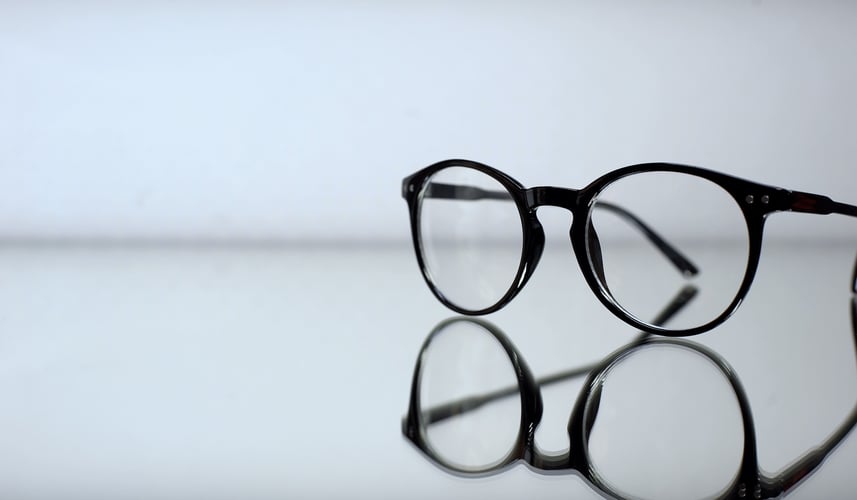

We spend much of our lives chasing “enough.” Enough income, enough savings, enough to finally stop worrying. Yet the closer we get to that finish line, the more it seems to move. What started as a goal becomes a habit, and before long, the pursuit of “more” quietly replaces the pursuit of peace.
“They didn’t have a money problem. They had an enough problem.”
A few years ago, I met with a couple who, by any financial standard, had already won the game. He was an engineer, she was a nurse, both in their late 50's. They had saved diligently, lived modestly, and had built a financial plan that virtually guaranteed they’d never run out of money. Their last check would never bounce. On paper, it was perfect.
But it didn’t feel that way to them. The wife was worn down—physically and emotionally. Nursing is rewarding work, but it’s also draining, and she was ready to retire. Her husband, however, wasn’t there yet. He had a number in his head, a round target that would make him feel “secure.” He wanted her to keep working just a little longer so they could get there faster. From a financial advisor’s perspective, they might seem like a dream couple; disciplined savers who lived within their means. But as a human being, I saw something else. They didn’t have a money problem. They had an enough problem.
The hardest part about “enough” is how quietly it shifts. Every milestone becomes the new normal. The house that once felt like a dream now feels routine. The portfolio balance that once represented freedom starts to look like a benchmark to protect. Psychologists call this the hedonic treadmill—our ability to adapt to every improvement until it feels ordinary. It’s the reason even financially secure people can feel restless. We adjust upward, and the satisfaction fades.
“This is all I have.”
I see this pattern across the spectrum. Some clients have more than they’ll ever need, yet can’t bring themselves to slow down. Others feel like they’ll never have enough, convinced that if only their balance doubled, their worries would disappear. But doubling the money doesn’t change the feeling. The same fears—market volatility, unexpected expenses, running out—just get dressed up in different numbers. Whether someone has $500,000 or $5 million, they often say the same thing: “This is all I have.”
Part of the challenge is cultural. We’re surrounded by a constant drumbeat of “more.” Bigger portfolios, bigger homes, higher returns. Growth has become the default definition of progress. Yet very few people stop to ask: to what end? For the nurse who was ready to step away, each additional year of work wasn’t buying freedom—it was selling it. Every extra dollar earned came at the cost of energy, time, and joy. They already owned what they were working to buy—peace of mind. They just didn’t trust it yet.
That’s often the hardest transition of all: moving from accumulation to enjoyment. After decades of saving and working, spending can feel wrong, almost irresponsible. The same habits that helped people build wealth can keep them from enjoying it. I tell clients all the time—the goal isn’t just to avoid running out of money; it’s to give yourself permission to live without fear. That permission, for many, is the hardest-earned part of retirement.
Redefining Enough
So what does “enough” actually mean? It’s not a number. It’s a relationship with your money, your goals, and your peace of mind. Enough is when your financial life supports what truly matters, not when it simply grows for growth’s sake. It’s when your spending and saving align with your values. It’s when confidence replaces comparison. That’s where real wealth begins; not in the size of your account, but in the steadiness of your outlook.
If you want to test your sense of enough, ask yourself a few questions.
- What do I already have that I once dreamed of?
- If I stopped comparing myself to others, would my definition of success change?
- Do my daily choices reflect the life I want—or the one I’m afraid of losing?
These aren’t financial questions; they’re emotional ones. But they determine more about your quality of life than any spreadsheet ever will.
The couple I mentioned earlier eventually decided she would retire. Today, they’re thriving. They travel, volunteer, and spend their days on their terms. The husband still checks the markets, but he’s learning that financial freedom isn’t about growing bigger—it’s about feeling settled. The truth is, “enough” doesn’t live in an account statement. It lives in how you feel when you look at it.
Money is a tool, not a trophy. And the purpose of planning isn’t to help you collect more; it’s to help you need less, worry less, and live more. That’s what true wealth looks like.




